Family Therapy
We repeat dysfunctional relationship dynamics because they’re familiar.
Difficult family relationships can take on many forms. Religious and political differences are triggering heated arguments affecting the families bond. Maybe things that happened in the past, such as exposure to domestic conflict or realization of immature parenting, is having an impact on your adult relationships. There might have been a traumatic experience or an event that your family is having a hard time coping with. Maybe a family member has a substance use or addiction that is causing stress on the family dynamic. You might be experiencing distance from a family member that needs repair. Or maybe you believe a new in-law's controlling behavior leads to unnecessary drama. In cases where resentment and toxic patterns arise, family interactions can become lasting sources of frustration and tear relationships apart.
These turbulent family relationships can have long-lasting effects on your health and well-being. You might:
Have developed a disrupted sense of trust – in yourself, in others, in the world.
Begin to blame yourself for these poor relationships.
Experience fear and anxiety surrounding family or holiday events.
Hesitate to reach out to other family members.
Struggle with substance use or addictions
Develop trouble sleeping or focusing due to the stress of these interactions.
Have difficulty dating and forming healthy relationships.
Conflicts arise in every family. It is inevitable, but we can work together to help your family compromise and communicate the best you can no matter what you face. The goal of family therapy is to create opportunities for better communication and a greater understanding of each family member’s role. Family members will learn how to voice concerns, listen to one another, and develop stronger connections. Families will also benefit from having expert feedback about what is normal for each family life stage and gaining skills to work through conflict. The goal is to allow each family member to feel heard and increase the overall bond between you. It can be challenging to hear feedback about the way that you affect other members and to avoid becoming trapped in defensive stances. Although emotions may arise during family therapy, your decision to participate in family therapy will allow you to feel more connected in the long-term. Working with a professional will allow you to open up honestly and create space for compromise and excellent communication with your family.
I offer family therapy as a primary treatment focus or as an adjunct to individual therapy when deemed appropriate. In family therapy, a group can consist of many different combinations of loved ones, such as parents and their adult children, siblings, grandparents, aunts and uncles, friends, kinship caregivers, etc.This is a space for your loved one(s) and you to work through these challenges together.
What you can expect with me:
I structure family therapy by meeting with family members together to discuss concerns and get to know you as a family unit. I may suggest breaking out into individual sessions if that feels appropriate given the goals to get a better understanding of each members roles. I am very directive in sessions and may give family members tasks, such as saying things in a new way or changing where they are sitting. I suggest that families expect to have at least ten therapy sessions together, and sessions are usually 90 minutes. The duration and extent of our work together can absolutely be determined as we go, and ten sessions has been the minimum I have seen that benefits most families. I make sure to check in with families periodically to ensure that our goals are still aligned, that the family feels we are moving in a direction that benefits them, and that our time together is still helpful.
Common Themes in Family Therapy:
Conflict resolution
Political or religious polarization
Attachment trauma
Strained relationships
Boundary setting
Communication skills
Coping with sudden changes or life transitions
Transitional resilience
Codependency
Substance use disorders
This is a practice that is intentional about providing and maintaining a safe and culturally competent space for BIPOC individuals, we are LGBTQIA+ allied, and trans affirming.


